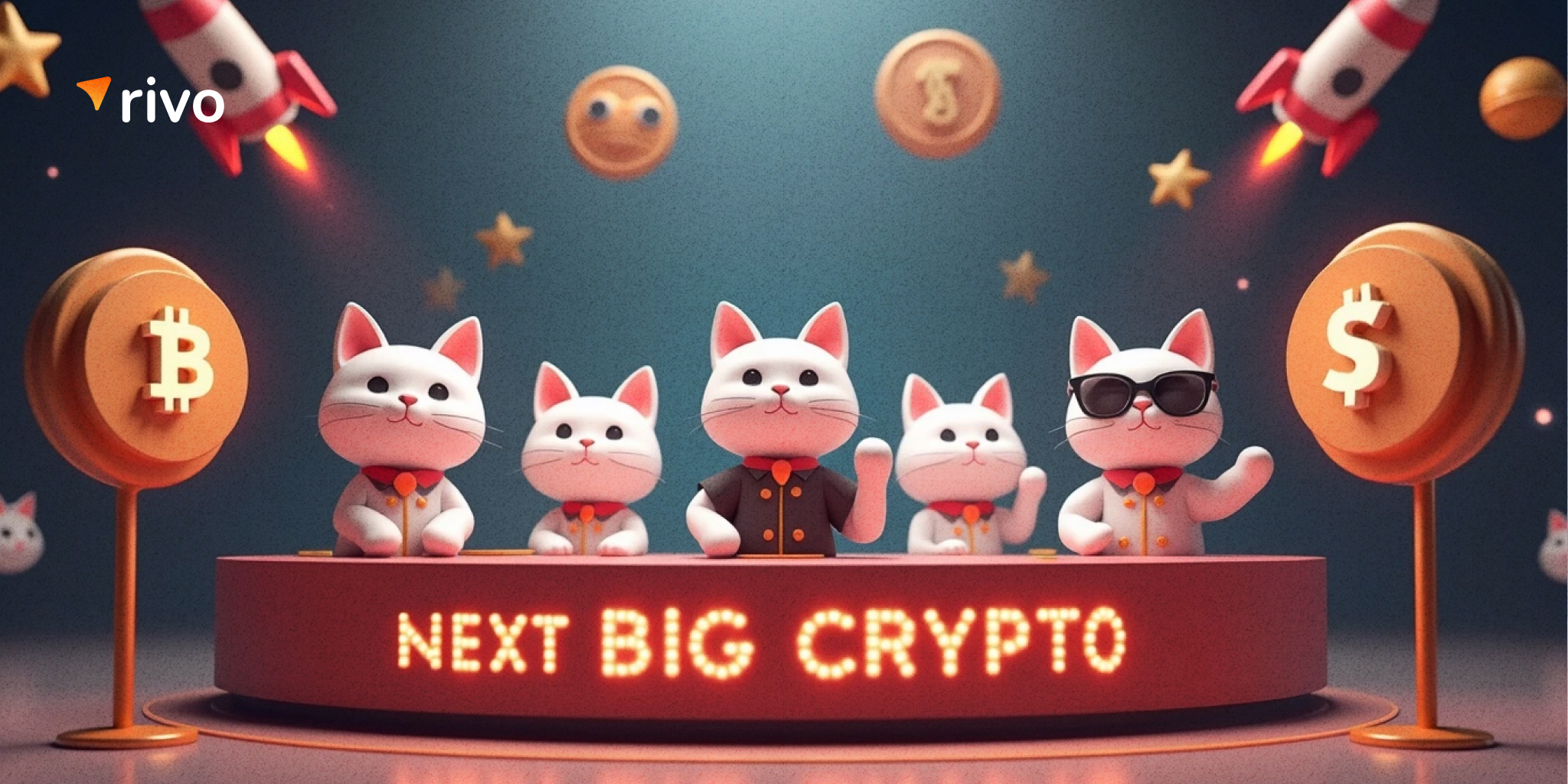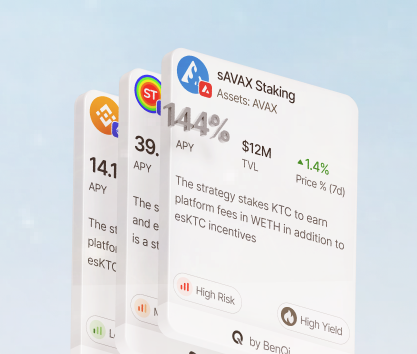Despite the hype and the unyielding chatter around it, the decentralized finance ecosystem is still hitting many crypto enthusiasts out of the left field. The overwhelming majority of tragically hopeful DeFi investors are newcomers. They barely have any prior experience in cryptocurrencies. Calculating the number of mistakes and decisions without any good reasoning behind them is a Herculean task.
In 2024, the number of unique wallets in the Ethereum network that interacted with various decentralized protocols grew by a factor of 40! Some 20 million wallets interacted with all sorts of dapps. In January 2024, the count was closer to 50K. Some say that the hype is starting to flicker but the numbers paint a different picture.
With TVL numbers increasing across the board (a 92% year-on-year growth in January 2025) and the number of users engaging with the DeFi ecosystem, it is hugely important to avoid various DeFi investment mistakes and focus on creating a portfolio that does not have weaknesses and vulnerabilities.
We will cover some of the most important things that you should avoid doing when engaging with the DeFi sector.
10 common pitfalls in DeFi
Investors in this sector of the crypto industry can engage with over 5,200 tracked protocols and invest in 11,000 pools not counting a wide range of other investment options including direct staking, RWA tokenization, derivatives holding, and more. This incredible variety of financial instruments may look like a huge advantage but many newcomers struggle to identify promising investment propositions and end up losing money.
Security, technological complexity, difficult onboarding, unfamiliar UX/UI, and many other factors also act as challenges that are difficult for a novice to overcome. We decided to put together a list of common mistakes that many DeFi users make regularly.
- Going in without the basics. Understanding the ABCs of the crypto industry is incredibly important for newcomers. Concepts like decentralization, self-custody, autonomous smart contracts, and many others must be researched before you make a move in the DeFi sector. A Cardify survey revealed that 33% of all crypto enthusiasts do not know much about what they are investing in.
- Barely understanding smart contracts. These tiny programs allow users in the DeFi ecosystem to interact in a trustless and permissionless mode removing the need for intermediaries. It is a liberating tool with a strong potential to change the way we think about finance. However, they may have security issues or bugs that often lead to catastrophic consequences. Smart investing in DeFi means auditing and verifying them personally. Note that over 80% of all DeFi hacks in 2021 happened because of poorly developed smart contracts.
- Chasing for the biggest yield number. Some protocols promise to pay over 50,000% APY or shower you with rewards of all sorts. However, many of these investment products are offered by protocols like Orca or Raydium which are DEXes operating on Solana where memecoin pumps and rug pulls are regular occurences. DeFi Pulse says that over 50% of all projects with an APY over 1,000% fail within the first year.
- Thinking lightly of gas fees. Many networks have gas fees that can eat a hole in your pocket. Ethereum is infamously expensive during certain moments. For instance, the price skyrocketed to over $100 per transaction during the peak of the US presidential race in 2024. Tron has a fixed fee of close to $4 in January 2025. Trading or moving assets often in these ecosystems can be damaging to your portfolio.
- Doing research poorly when choosing targets for investment. When it comes to DeFi project evaluation, the importance of searching for verifiable and insightful information about protocols is crucial. For example, rug pulls are still quite successful scams with the total amount of funds stolen reaching over $2.8 billion in 2021.
- Poorly understanding tokenomics. All projects issuing digital currencies must have a robust plan and create a balanced system of issuance, distribution, and utilization of tokens. Using unfair distribution or uncontrollable supply can lead to outstanding collapses like the one that happened in the SQUID token scandal in 2021 when it lost over 99.99% of its value in a couple of days. Among metrics for evaluating DeFi projects, tokenomics has a very high priority.
- Disrespecting the importance of good security practices. Self-custody is a great thing for many people who do not trust centralized institutions or want to have total control over their finances. However, it also creates novel security issues that are rarely addressed by DeFi investors. Using trustworthy wallets, researching smart contract designs, and never losing track of sensitive information and its safety must become habits. Unfortunately, they never do as shown by the disheartening statistic from Immunefi that reported over $500 million in preventable damages to users who fell for phishing attacks or mishandled wallets.
- Completely ignoring the issue of regulation. Many DeFi products are categorized as unregistered securities and dealing with digital assets can be a taxable event. Understanding how cryptocurrency operations are treated in your country is a big deal. Tax aspects of investing in cryptocurrency are confusing with insufficient information and just a handful of services offering high-quality assistance. In 2023, the combined TVL of the DeFi ecosystem fell by over 15% in a couple of weeks due to new regulations in the US.
- Forgetting about diversification. Everybody wants a balanced portfolio that can perform well under all market conditions! However, many don’t think that throwing all your eggs in a single basket is a bad idea. One of the most popular risk management strategies is simply spreading investable capital across multiple digital assets. Just three years ago, over 45% of all portfolios in the DeFi sector contained just one asset!
- Failing to understand the impact of impermanent loss. When you provide liquidity to DEXes and AMMs, the evaluation of assets plays a critical role as the discrepancy between the price of entry and the current market can wipe out all gains. Analyzing the team and its reputation when choosing a protocol is great but understanding the fundamental aspects of investing in DeFi is even more important! Due to the high volatility of the crypto market, it is imperative to always remember the risk of losing money to impermanent loss.
- These are some of the most commonly occurring mistakes in the DeFi ecosystem. Crypto enthusiasts must avoid them as best as they can to ensure the long-term success of their investment activities.
Many crypto investors believe that the famous motto saying that everyone must “do their own research” means that there is no use in getting your insights from experienced peers or trusting social media posts. However, it is a big part of researching any investment opportunity. The crypto community is quite welcoming and you can find useful advice on a variety of platforms including Twitter (X), Discord, and Reddit.
Avoiding risks in decentralized finance without talking to people with knowledge and experience is close to impossible. We strongly recommend joining various online communities and establishing good relationships with knowledgeable users of the DeFi ecosystem.









